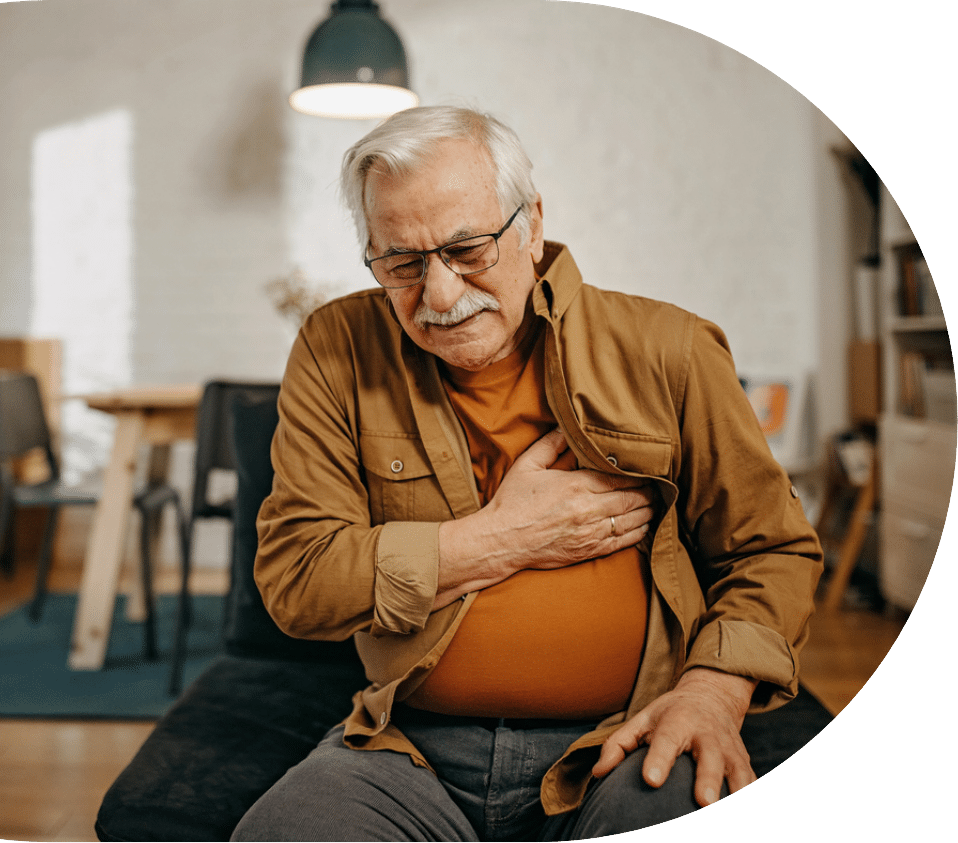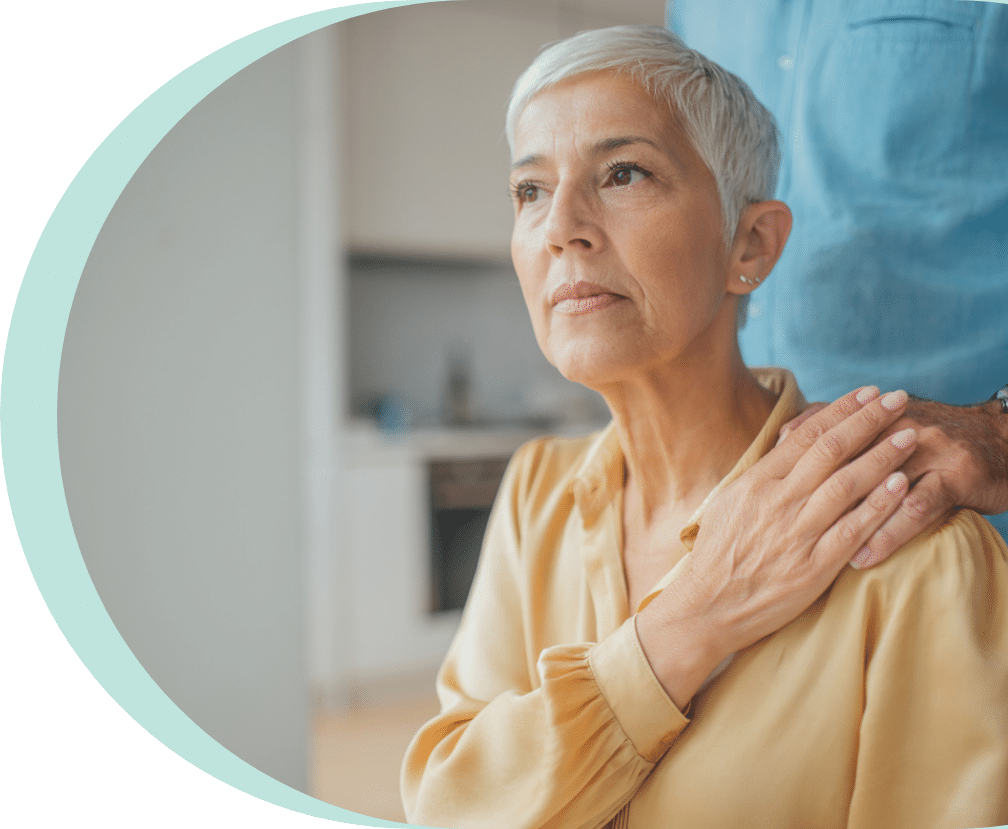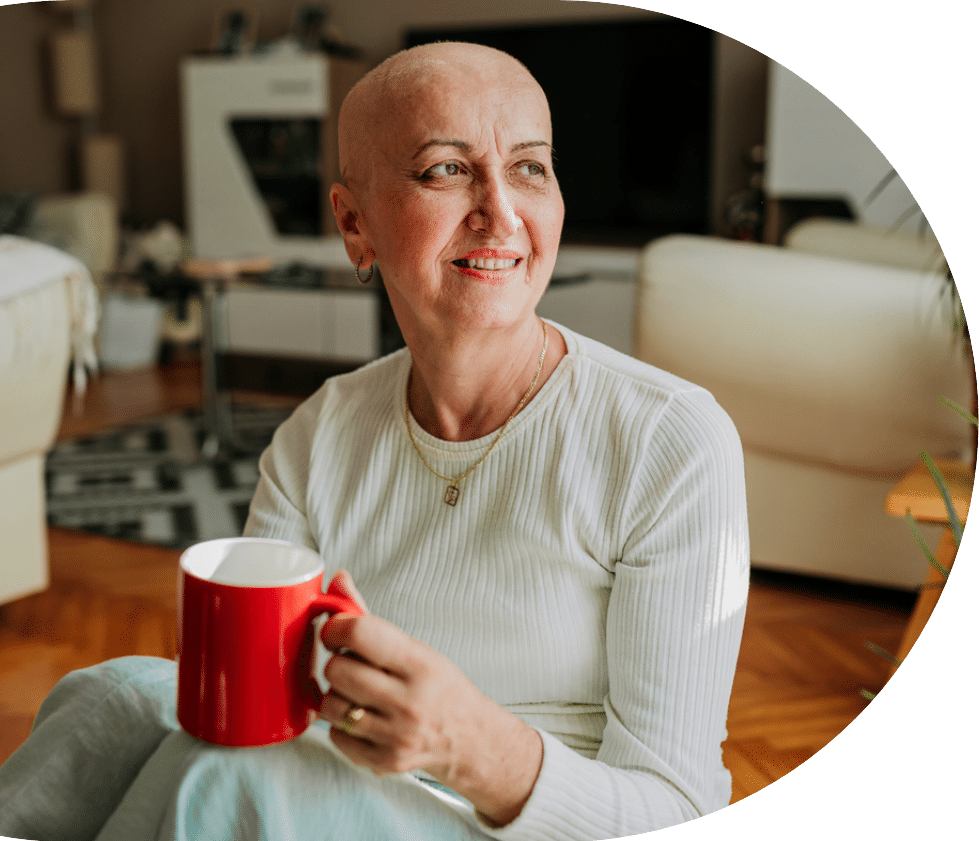1
Imaging Tests
An X-ray image of the lungs may reveal an abnormal mass or nodule. A CT scan can reveal small lesions in the lungs that might not be detected on an X-ray.



